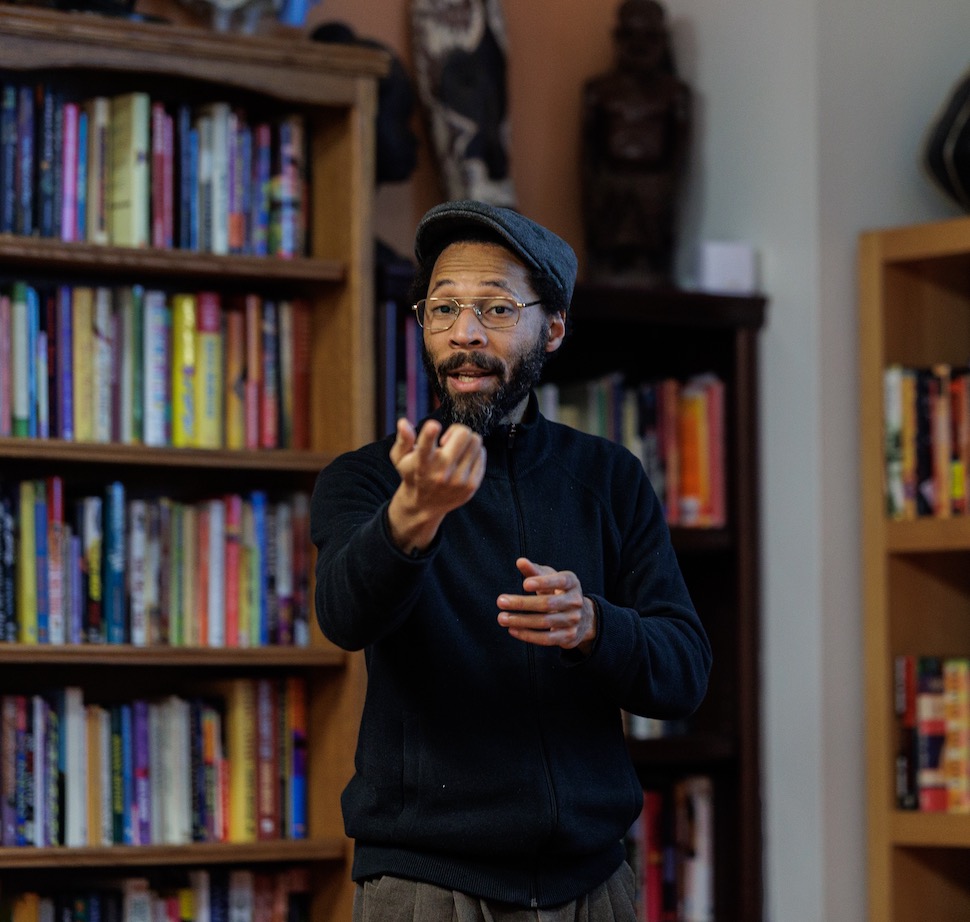Bridging Science, Ethics, and the Human Experience of Healthcare
The Master of Arts in Medical Humanities at the University of Dallas bridges the sciences and the humanities to examine experiences of health and illness in their fullest context. Designed for students preparing for medical school, healthcare professions, or careers in research, policy, and administration, the program offers a unique liberal arts approach to medicine. Students gain both scientific grounding and humanistic insight into the complexities of healthcare today.
What Will I Study?
Medical Humanities students take courses across biology, philosophy, theology, psychology, economics, and the human sciences. The curriculum emphasizes how cultural, ethical, and social factors intersect with biology and technology in shaping human health.
Required Courses (19 hours)
- Medical Humanities Seminar
- Healthcare Issues (BIO 5352) or Healthcare Economics (ECON 5330)
- Conceptual Foundations of the Human Sciences (ANSC 5331), Philosophical Anthropology (ANSC 5334), or Theological Anthropology (THE 6338)
- Science, Technology, and Society (ANSC 5312) or Philosophy of Technology (PHI 5332)
- Practicum or Thesis (6 hours)
- Fundamental Moral Theology (THE 6341), Bioethical Issues (THE 6345), or another graduate-level Bioethics course
Select Two (6 hours)
- Health Law and Policy
- Literature and Health
- Visual Arts, Health, and Healing
Electives (6 hours)
Students may choose from a wide range of electives in biology, psychology, philosophy, theology, economics, and human sciences, including courses such as Nutrition, Global Health, Health Psychology, Catholic Social Thought, and Medicinal Chemistry.
Career Outcomes
Graduates of the M.A. in Medical Humanities are prepared for advanced study and professional roles that require both technical expertise and ethical insight. Alumni will be well equipped for:
- Applying to medical, dental, or nursing schools with enhanced academic preparation.
- Careers in healthcare administration, community health, or medical research.
- Work in policy, ethics, or nonprofit organizations addressing health and human well-being.
The program also complements the University of Dallas’ Graduate Certificate in Bioethics, offering students additional pathways in healthcare ethics and moral theology.
Program Options & Commitment
The program may be completed in one year (as part of a 4+1 track for UD undergraduates taking graduate credits in their senior year) or as a traditional two-year master’s program.
- 4+1 Track: Seniors may take up to 6–12 hours of graduate coursework. With careful planning, students can finish the degree in a single year after graduation.
- Two-Year Track: Students from UD or other universities may pursue the program as a standard M.A., completing coursework and thesis/practicum over two academic years.
Credit Hours: 31
Format: On-campus, with select courses available online
Start Term: Fall
For More Information, Contact:

William Cody, PhD
Associate Professor & Director, Medical Humanities, Biology
Phone: (972) 721-5192
Email: wcody@udallas.edu
Office: Patrick E. Haggerty Science Center #139
Office Hours: On Sabbatical
